Boxfishes: Should you have one or not?
- Jun 27, 2020
- Anshika Mishra
- 1615 0 0
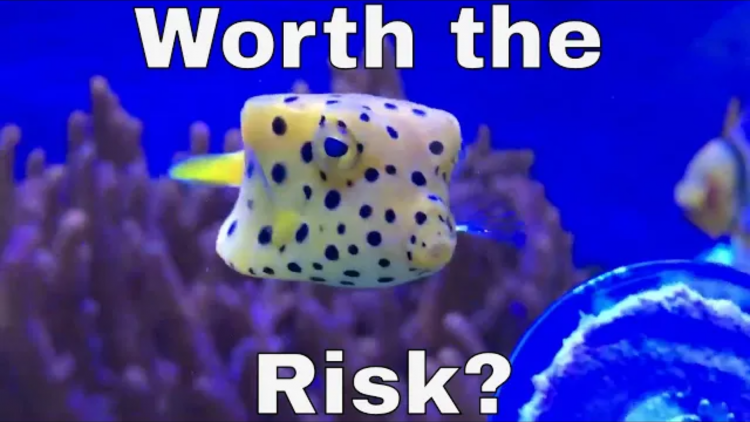
The Boxfish is an absolute legend and for most fishkeepers, the Boxfish is a personal favorite in the hobby. Boxfish has a great personality when compared to most fish they also appear to be far more intelligent. They are one of the most desirable yet equally frustrating fish to keep. If it weren't for the fact they had some significant downsides and very low survival rates, everyone would probably keep a Boxfish in their aquarium.
More often than not their low survival rate is due to the feeding, which is a bit of enigma because once they are settled in, they usually won't stop eating. For most beginner fishkeepers, they will have issues keeping boxfish for more then a couple of days in their aquarium before they start to go downhill or even die.
The issue with a Boxfishes is that they have the power to destroy your tank, they have the ability to release deadly toxins but only when they are alive as a part of their mucus protective layer. In the ocean, this ability to release a forcefield with chemical warfare when stress, it is very limited to the specific area they are in, as it only lasts long enough to prevent the unwanted predation from attaching them. In the ocean, this is not a problem in the ocean how the toxins are quickly dilute and prevent any long term effects.
However, in an aquarium, all it takes is for a tank mate to show aggression one day, or even an overly zealous cleaner fish pushing your cute little boxfish a little too far. The boxfish then triggers its slim coat of death, it is silent and deadly and can rapidly circulate around in an aquarium quickly. The toxins continue to gradually choke the life out of every living species in your tank, but this is a rarity. Boxfish, unfortunately, have a reputation for randomly dying, especially before they ever make it to your tank.
Boxfishes are easy to recognize even by someone inexperienced because of their cube-like appearance. Another notable feature is its bone structure and coloration.
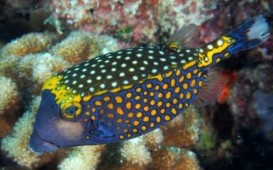 If you see these fishes you'll know that these fishes are not going to win any swimming competition. Therefore, they have gone down a different evolutionary path and have developed two forms of defense:
If you see these fishes you'll know that these fishes are not going to win any swimming competition. Therefore, they have gone down a different evolutionary path and have developed two forms of defense:
The first being the form of becoming literally a living tank. They essentially have a hard outer shell to protect their dedicated structure, which doesn't make it look very appetizing.
If that does not put off predators their coloration of black polka-dots or a striking yellow background act as a warning of just how lethal they are.
Luckily they are extremely peaceful and generally keep to themselves ignoring all other tank mates. Although poorly designed from a conventional swimming point of view, these fishes use a different form of portion for rapidly undulating their tiny fins. This style sacrifices speed for precision and allow the fish to turn 360 degrees while in the same spot.
You should only ever consider a Boxfish if you have the right setup for them. This adorable little cute cube-like fish does have the ability to turn to a footlong Goliath, therefore they need a considerable size tank and make sure that you only keep peaceful tankmates which is very important.
Boxfish selection
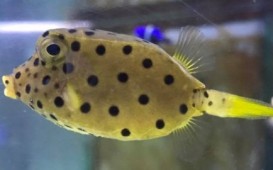
When selecting a boxfish only select one which is actively swimming and shows to be alert. Inspect them closely for any signs of the white spot as they are prone to it and ensure that you have seen them eating at the local fish store, ideally, you want to make sure that they are feeding ferociously.
Assuming you found the specimen satisfying all the above conditions. But it is still strongly advised to quarantine Boxfish. By doing this you'll have the chance to monitor its behavior while allowing the fish to acclimate to a life in captivity in the peace and comfort of an empty tank. It also gives you a chance to offer a variety of food which the Boxfish can test at his own pace without any competition.
These fish are slow feeders and can easily be outcompeted by other tankmates. They will usually try a whole range of different foods once acclimated to aquarium live. And this is indeed the success with them. If one day it decides that it is not interested in one of them, you have a range of other options to try. This will also provide the fish with a more nutritious diet. Further strengthening their immune system.
Plenty of live rocks is essential to provide a more natural diet as in the wild the Boxfish will cruise the rock work, pruning algae and hurting down little crustaceans and worms.
Owning a boxfish requires a lot of commitment and dedication. It's a tough job but the output would be worth watching!



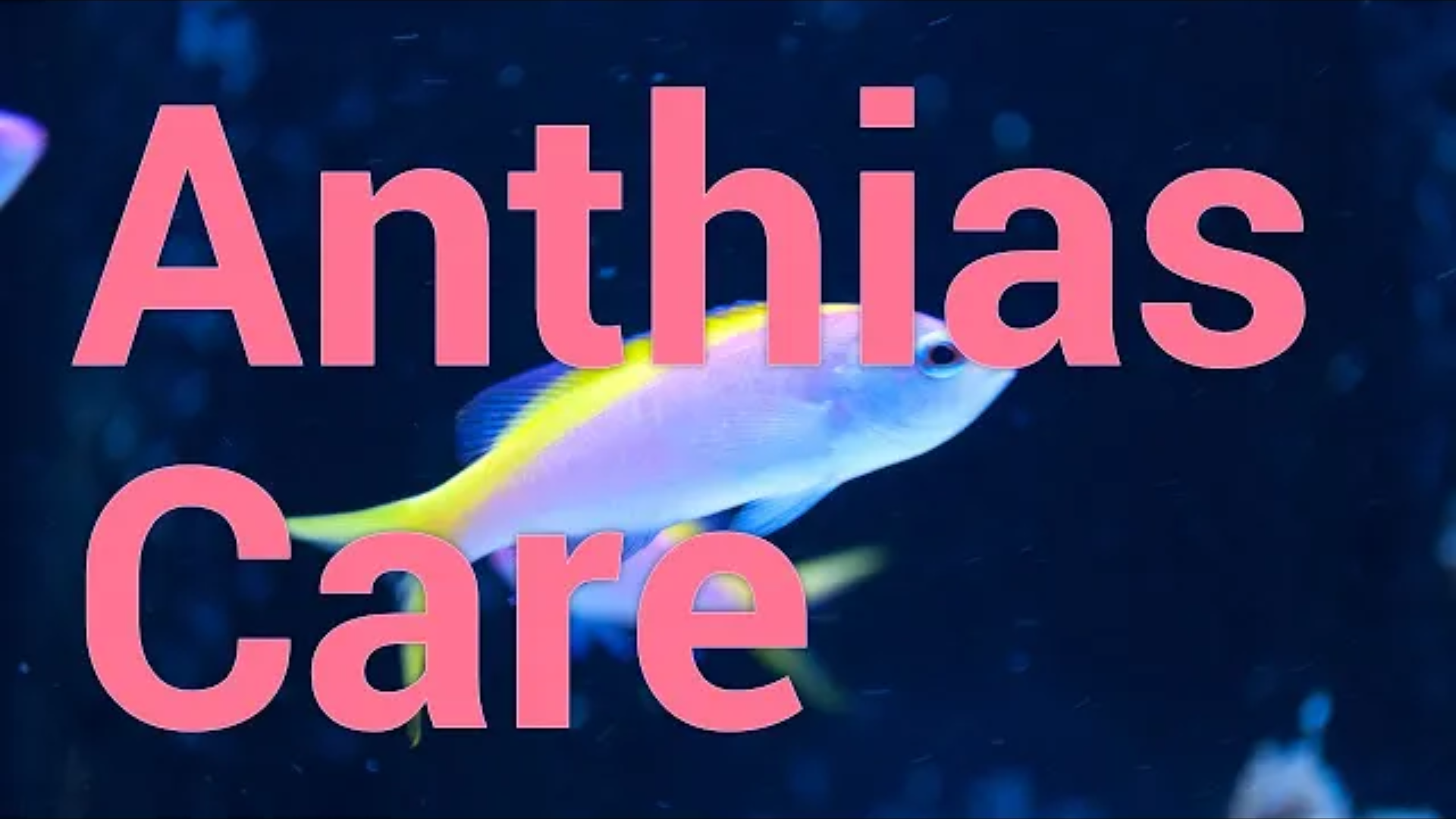

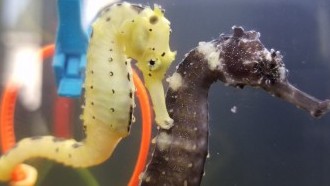
About author